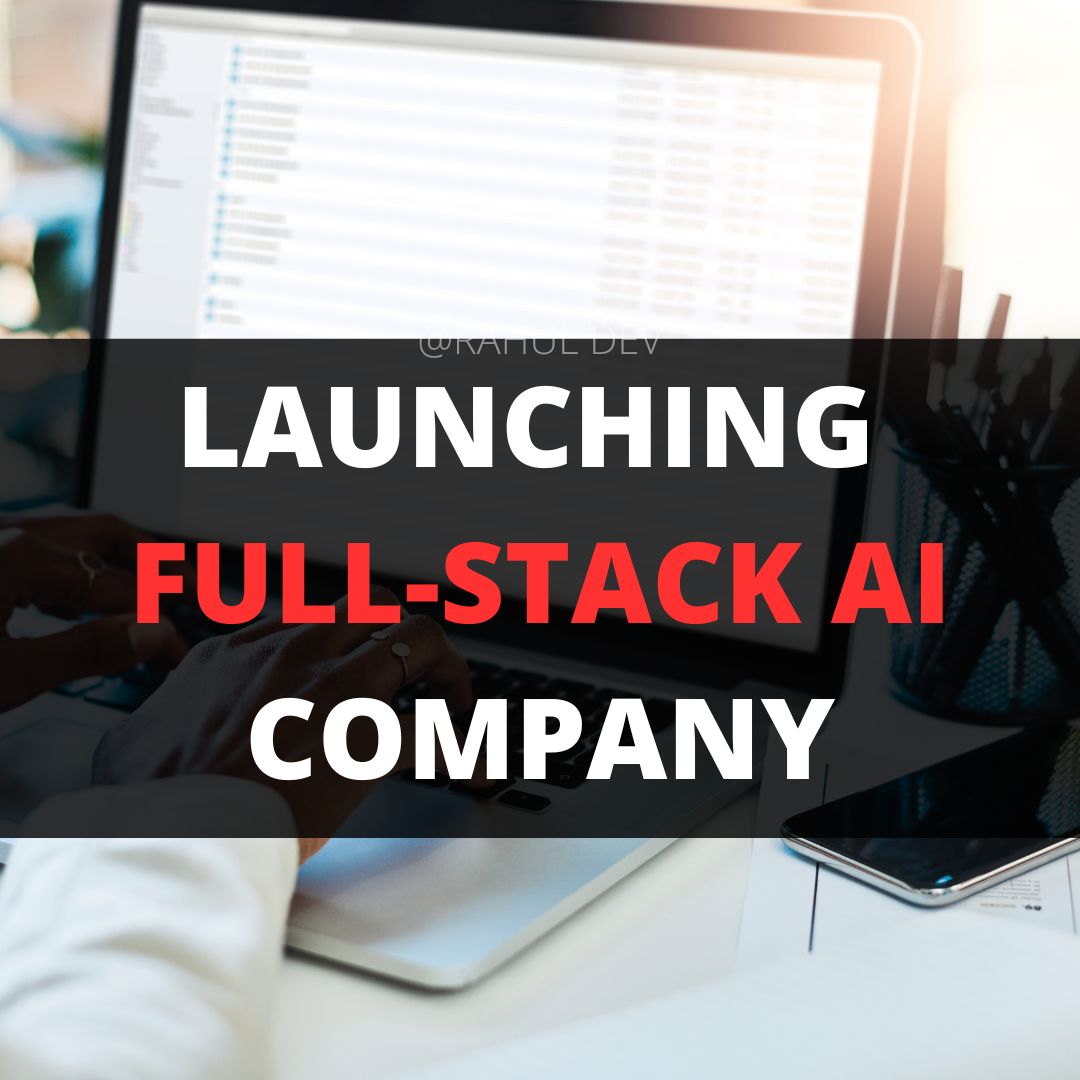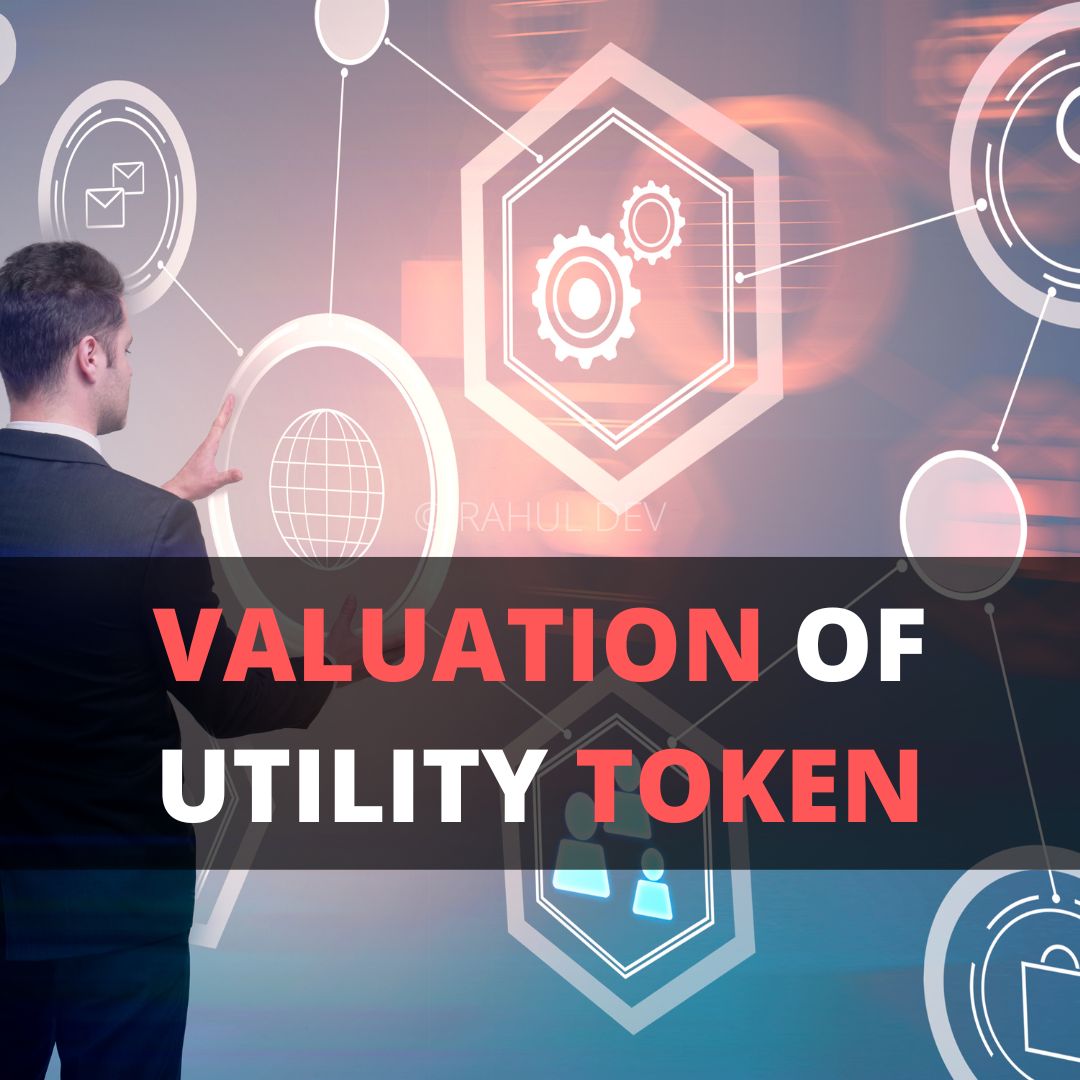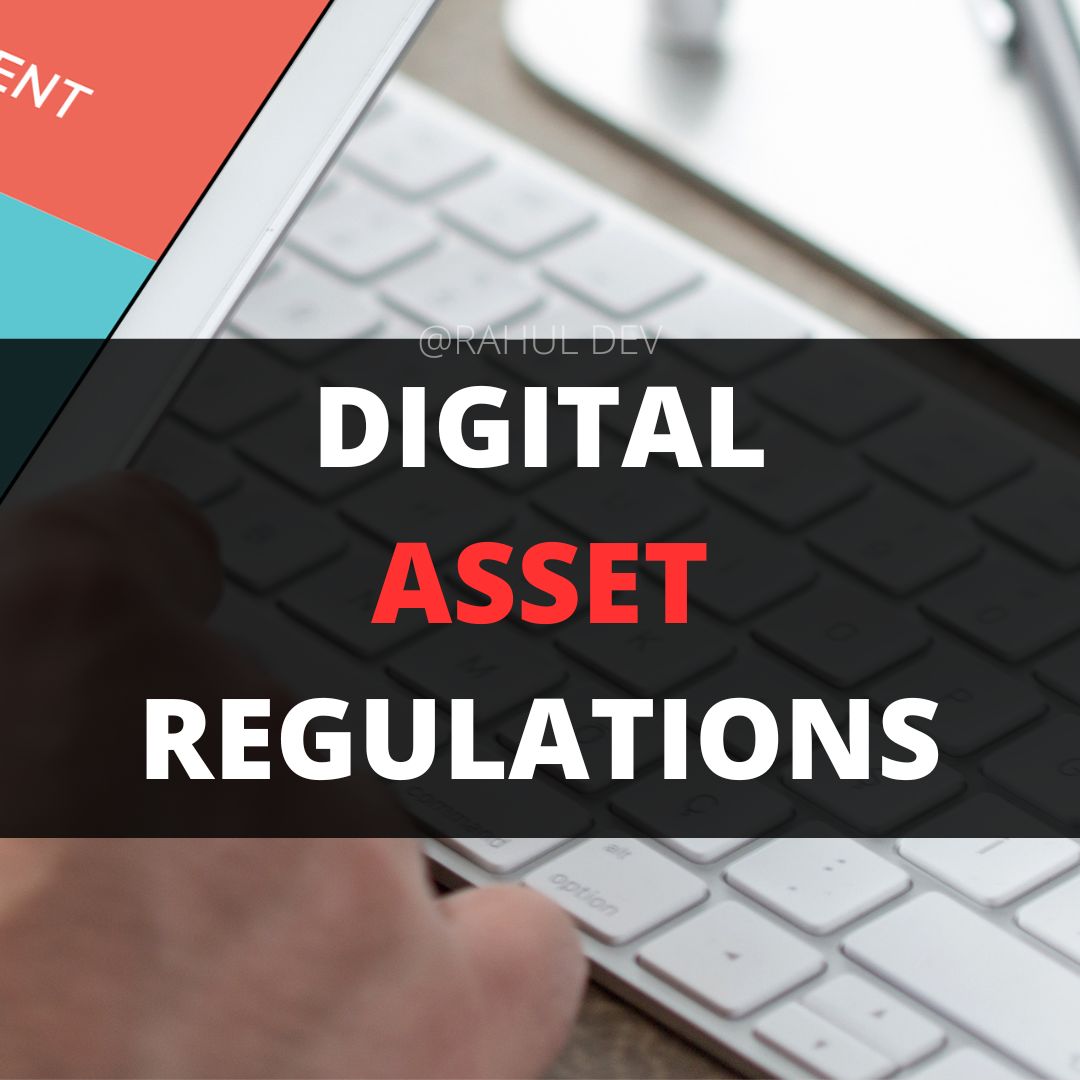
Utility token issuers create a digital token using blockchain technology. Because of the utility features they provide to users, these utility tokens have intrinsic value. In use, utility tokens support network activities. E-commerce sites, startups, and companies use these tokens. Each token has different features. As an example, Ripple tokens can be used to buy Ripple products and services. It can boost user engagement.
The utility token business model uses blockchain technology to monetize tokens and offer new services and goods. It introduces smart contracts, revenue sharing, bonuses, and peer-to-peer transactions. Businesses can share revenue with customers via a blockchain-based utility token.
Utility token business ideas are prevalent. Ripple uses this business model to create a blockchain platform for network activity. Companies hold some utility tokens but release the rest for network services. Companies earn as utility tokens appreciate. Revenue-sharing token schemes add value to an ecosystem. They let sellers and buyers trade value within an ecosystem, creating an internal economy. They charge for some utility functions. Tokens store value, allowing buyers and sellers to engage in an ecosystem.
Utility Tokens can be used for investments, bypassing traditional capital markets and providing a payment infrastructure. This finance strategy reduces beginning costs and simplifies development and management. Tokens create a more trustworthy payment system, eliminating intermediaries. Operationally, utility tokens can engage directly with end-users via blockchain technology. An example is peer-to-peer business, wherein the peer-to-peer technology enables file sharing and transactions. Companies profit from tokens, transaction fees, and BaaS fees.
A utility token is a type of cryptocurrency that can be used to purchase services from a particular network or protocol. It is not intended to be an investment, and its value is not determined by financial returns or dividends. A token’s users can be active or passive. Passive users are those who do not actively use the token but still benefit from it. Consider an airline that wishes to reach out to its customers and offer them incentives to fly with them again in the future. In this case, the airline should devise an incentive program for its customers that rewards them with free flights after they fly with them several times. By doing so, it will increase its revenues because more people will choose that airline over other airlines because of their loyalty program, as well as increase customer retention rates because they are rewarded for using their services over time, as well as ensure they keep coming back in order not only to keep up with their rewards but also to maintain what’s left of them (if any) once all points expire at some point (similarly like how most credit cards work).

The utility token price is determined by the market, supply, and demand. Once you get past the jargon, it’s a simple concept that’s easy to grasp. The utility token ecosystem creates an environment in which users can use their tokens to gain access to certain platform benefits (think changing ownership rights over a digital asset). The token could also be used to pay for other goods and services within this eco-system (think paying for storage space on decentralized storage platforms like Sia). This means that there is no exchange rate between currencies; you will always know exactly how much each unit of your chosen currency is worth in relation to its host coin.
A utility token business model should reflect what your company does best: provide value through unique products or services that people want! To do this effectively, businesses need access to capital from investors who believe in what they’re doing enough that money isn’t an issue during operations—and those investors expect profits down the road as well! This can be accomplished through crowdfunding campaigns on platforms such as Kickstarter/Indiegogo, where supporters’ funds will be used directly for development costs such as salaries/rent/equipment purchases, and so on.”
Utility tokens are digital assets that can be used to gain access to a specific network or protocol. They are not intended to be securities, but they do give investors ownership of the network or company that operates it. To understand what utility tokens are and how they work, we must first distinguish between security tokens and utility tokens.
Security token
A security token is a digital representation of a financial instrument. It can be backed by real-world assets such as real estate, gold, or company shares and represents a stake in a company. Security tokens, like utility tokens, are issued on blockchains and traded on exchanges.
As the digital revolution continues its relentless march, one area of financial innovation that has garnered considerable attention is cryptocurrency. The unique nature of these digital assets, such as tokens, raises intriguing questions about their value, volatility, and the mechanisms that underpin their operations. At the core of the cryptocurrency market is the concept of tokens, which are representative units of a specific utility or asset, often residing on their own blockchain. These tokens have taken the financial world by storm, offering promising investment opportunities, albeit laden with challenges and risks. To understand the dynamics of token value, we must first address several pertinent questions.
The value of a token, much like any other asset, is primarily governed by the forces of supply and demand. However, this process can be influenced by various factors, such as regulatory changes, technological challenges, and the overall market sentiment. Regulatory uncertainty, for instance, can create fear, uncertainty, and doubt (FUD) among investors, leading to sell-offs and a decline in token value. Similarly, if a blockchain project fails to deliver on its promised utility, the associated token can lose its value.
Unlike traditional fiat currencies controlled by central banks, the value of cryptocurrency is decentralized, meaning it is governed primarily by market dynamics. The value is thus set by the collective actions of all market participants. However, it’s worth noting that large holders, often called ‘whales’, can significantly influence token prices due to their substantial holdings.
Tokens can gain value from several factors. First, the fundamental ‘tokenomics’, or the economic framework of the token, plays a pivotal role. This includes aspects such as the total supply of tokens, their distribution, and their utility within the blockchain ecosystem. Second, wider adoption and network effects can propel token value. As more people use a particular token, its demand, and thus its value, is likely to increase. Lastly, the macroeconomic environment, including investor sentiment and regulatory developments, can also influence token value.
Contrary to popular belief, cryptocurrency does hold value, albeit not in the traditional sense. Cryptocurrencies derive their value from their utility and potential use-cases, such as enabling fast, secure, and borderless transactions. Furthermore, cryptocurrencies are often perceived as ‘digital gold’, serving as a hedge against inflation and traditional market volatility.
The price of cryptocurrency is exceptionally volatile, due to its nascent nature and the speculative behavior of market participants. Factors such as market sentiment, regulatory news, technological developments, and macroeconomic trends can all cause drastic price movements.
Cryptocurrencies can indeed be exchanged for fiat currencies, giving them a certain cash value. However, the ease of this conversion and the exchange rate can vary significantly based on the specific cryptocurrency, its liquidity, and the regulatory environment.
In the realm of blockchain, a token represents a unit of value issued by a project. Tokens can serve various functions, from representing shares in a company to giving access to a service. The utility and value of these tokens often form the backbone of the respective blockchain project’s economic model.
In conclusion, the world of digital currencies is a vast, complex, and dynamic ecosystem. Understanding the intricacies of tokens, from their value appreciation mechanisms to their inherent risks, is crucial for anyone venturing into this digital frontier. Despite the challenges, the future of tokens remains promising, bolstered by the continuous adoption of blockchain technology across numerous industries. As we continue to navigate this digital transformation, the adoption of blockchain technology continues to manifest in varied forms across different sectors. For instance, the financial sector has seen a significant surge in blockchain adoption, with the global market in blockchain banking and financial services growing from $1.89 billion in 2022 to $3.07 billion in 2023. The blockchain is being used for more transparent movement of assets and for fractionalization of assets, emphasizing the digital future of assets.
However, the journey is not without its stumbling blocks. Negative news related to fraud and corruption, like the collapse of significant platforms, dampens interest and stifles adoption. Regulatory bodies like the U.S. Securities and Exchange Commission are responding with legal measures to ensure the safety and legality of blockchain practices, thus adding an additional layer of complexity to the sector.
Yet, despite the turbulence, enterprise executives remain interested in the potential of blockchain technology. Its potential applications in identity and access management, supply chain management, smart contracts, and document management and verification are being explored. Some organizations are even using blockchain for compliance, particularly in the area of environmental, social and governance (ESG). For example, the pharmaceutical industry is leveraging blockchain to ensure the provenance of its product.
As we continue to navigate this digital transformation, it is crucial to remain informed, resilient, and adaptable. The world of tokens and blockchain is vast and ever-evolving, and with the right understanding and strategic approach, it holds the promise of exciting opportunities for the future.
The fundamental pricing of utility tokens is determined by supply and demand. In short, if the token price is higher than the cost of mining, mining will cease; if it is lower, coins will be mined faster than people want them. The utility token facilitates a relationship or business model between two parties: an issuer (the company or organization behind a blockchain project) and an investor/user/consumer (or whatever form your customer base takes). The issuer reserves a specific number of tokens for investors to purchase in order to use the issuer’s product or service. In exchange, those investors gain access to whatever they’re purchasing, whether it’s virtual goods like video games or tangible ones like real estate property, and can sell any unused portions on secondary markets like cryptocurrency exchanges if they ever need money again.” Token model that employs cryptocurrency to gain access to a specific network or protocol.
A token model that employs cryptocurrency to gain access to a specific network or protocol. Users are rewarded for participating in the network, and the value of their tokens is determined by the value of that network or protocol. It is not a security token because no equity stake in the company is being offered. Utility tokens are an excellent way to begin your business. They allow users to use a new product or service before it is ready for mainstream adoption, and they can also allow investors to invest in cryptocurrency-based companies at an early stage. The key point is that utility tokens must be closely linked to their platform in order to function properly. If there is no real utility for anyone other than investors, it may not be worth investing money in these types of projects (unless you are only looking for short-term profits).
In addition to the crucial points stated here relating to utility token pricing, the future business models based on token-based innovations may regularly need assistance for blockchain Patent Searching. The results of a patent search report for blockchain inventions and blockchain token projects can assist in determining if Patent Drafting for blockchain inventions is the next step for International Patent Filing along with USPTO Patent Filing. In case of blockchain based business models adapted from token utilities, utility token Legal Opinion Letters may also be needed for token-based projects, along with a set of applicable blockchain contracts and blockchain agreements.
Our team of advanced patent attorneys assists clients with patent searches, drafting patent applications, and patent (intellectual property) agreements, including licensing and non-disclosure agreements.
Advocate Rahul Dev is a Patent Attorney & International Business Lawyer practicing Technology, Intellectual Property & Corporate Laws. He is reachable at rd (at) patentbusinesslawyer (dot) com & @rdpatentlawyer on Twitter.
Quoted in and contributed to 50+ national & international publications (Bloomberg, FirstPost, SwissInfo, Outlook Money, Yahoo News, Times of India, Economic Times, Business Standard, Quartz, Global Legal Post, International Bar Association, LawAsia, BioSpectrum Asia, Digital News Asia, e27, Leaders Speak, Entrepreneur India, VCCircle, AutoTech).
Regularly invited to speak at international & national platforms (conferences, TV channels, seminars, corporate trainings, government workshops) on technology, patents, business strategy, legal developments, leadership & management.
Working closely with patent attorneys along with international law firms with significant experience with lawyers in Asia Pacific providing services to clients in US and Europe. Flagship services include international patent and trademark filings, patent services in India and global patent consulting services.
Global Blockchain Lawyers (www.GlobalBlockchainLawyers.com) is a digital platform to discuss legal issues, latest technology and legal developments, and applicable laws in the dynamic field of Digital Currency, Blockchain, Bitcoin, Cryptocurrency and raising capital through the sale of tokens or coins (ICO or Initial Coin Offerings).
Blockchain ecosystem in India is evolving at a rapid pace and a proactive legal approach is required by blockchain lawyers in India to understand the complex nature of applicable laws and regulations.
Read About Patent FIling Guide



